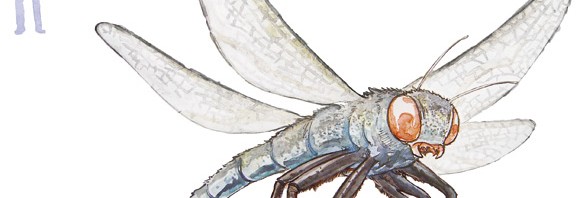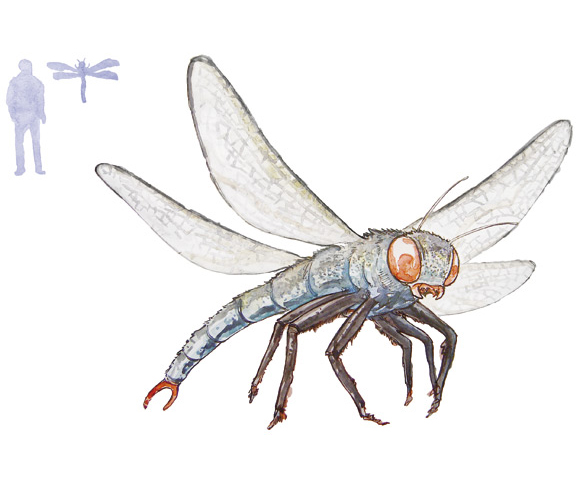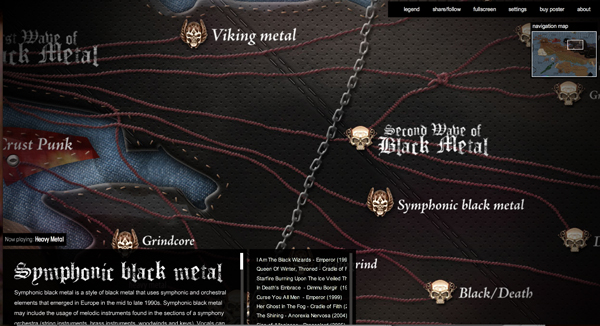I just watched Insurgentes, a film directed by none other than Lasse Hoile on the making of Steven Wilson’s 2009 debut solo album of the same name and the state of the music industry today, or as Steven puts its, what it’s like to be a musician in the 21st century.
Lasse Hoile is known for directing the videos for Porcupine Tree (including others groups), as well as being behind the band’s artwork, photographs etc, at least since In Absentia I believe. Check out his site, good stuff. He — as well as Steven, for that matter — likes David Lynch, this much is evident I suppose and might even be a bit of an understatement.
I haven’t watched any Lynch films yet…
The film’s website: http://www.insurgentesfilm.com
Apart from the typical Lasse experimentation and playing with some of the album’s artwork material, only this time with video, what interested me more in Insurgentes was Steven’s narration of his past. He visited his old school almost 30 years later, let us in on his musical beginnings and foundations, re-visited some of his very first equipment his father had made for him.
What I found more striking was how Steven began listening to music. In the movie he shares with us that he used to be able to only buy one record every month and that only with his pocket money. Consequently, the decision which album to buy next was a very important one. Back then, Steven says, music was the number one way the younger generation could differentiate itself from the parents. So it was pretty important business indeed.
It all boils down to the comparison between contemporary download culture and what things were like 30 years ago. Back then, a new album was an event. Listeners of the album had all the time to study the cover and the artwork, feel the music and be influenced by it. They would take their time to examine the music and see through all its different levels. Listening to an album properly was a ritual all by itself. Surprisingly, although I don’t have any aural experience of my own to be able to confirm this, it is said that a well mixed vinyl recording playing on serious equipment blows away standard MP3 quality sound any day. Like Steven and another guy in the film put it, kids of today (including my generation and me, obviously) grew up and are growing up with music of shit sound quality which is considered by almost everyone as acceptable at the very least.
Steven Wilson on music today, taken from the Insurgentes film from Kscope on Vimeo.
It is mentioned in the movie that the internet has helped musicians by making it easier for them to come into direct contact with their fans, thus doing away with the industry as a medium. In return, music has lost its value: we all download complete discographies of bands, only to decide if we like them and if they’re worth keeping after listening to a few of their tracks once or twice at best. This has got to the point that people don’t think music is worth spending money for or paying any kind of deeper and more focused attention to. Today, the music itself seems to be of little importance: it’s down to who knows of the most bands –bonus points if they’re indie–, who has the broadest possible musical taste, who owns the most records or has been to the most concerts. Maximalistic: just like any other cultural aspect of today, including, if not especially, the entire spectrum of popular media.
Mr. Wilson forced me to think, just like he’s done before... How many times have I really sat down to enjoy some music, put some thought into it, focused on it, closed my eyes, opened my ears and put my mind on overdrive? I do have a problem with intense focusing and am easily distractable so that might be a problem there. In any case, I realised that I haven’t done so in a long, long time, if I have ever properly done it at all. There is a general habit of just using music as an ambient sound carpet, having it play in the background while people are doing whatever: washing the dishes, cooking, having sex, idling, studying, walking or travelling (in the film Wilson destroys iPods in a number of fun ways, showing his real feelings for them!)… Some people never turn off their music at all! I tried doing it too: I found myself gradually hearing less and less of the music, a far cry from actually listening to it. At some point, I stopped paying any attention to it all; it was just melodic noise. I experienced a kind of desensitization, not unlike one that follows a long relationship.
Using music as ambience is, of course, perfectly OK. Nothing wrong with it. It’s not like they didn’t do it back in the ’70s. But that is as much listening to as glancing at a movie with the company of especially talkative friends is watching it, or as skimming a book as quickly as you can, skipping sentences, is reading it. We usually just put on the music, later remember nothing of what we heard, whether we liked it or not. We may have a vague idea, alright. But it doesn’t matter, it’s not like we’re going to listen to it again, is it? It sure isn’t! Because we have another 124254560 bands people, friends, acquaintances have suggested we give a “spin”, double that for bands we’ve randomly stumbled upon, bands we’ve (I’ve ^^,) seen on progarchives.com, suggested bands or neighbours’ favourites on last.fm… We’re bound to find something in this sea of art, this ocean of melody. Of course it never ends. What ever does? So we download discographies and try bands out and hop from one group to the next… But never staying with any which one for too long, no, that would be wasting time, wouldn’t it, we just keep on swinging, just like the insatiable little music nymphomaniacs that we proudly think we are. And in the end, all we’re left with is a sterile knowledge of band names and logos, song names, albums, stats, dates, genres…
If you think about it, it’s that way with everything. Travel, games, books, food, experiences, knowledge, people… The maximalist approach: less is less, the more the better. We can’t escape it. It is our culture’s paradigm. It’s what we do now, how we look at things.
But that doesn’t mean we can’t look at things differently.
At least for a change.
EDIT 28/4/2016: New link for the above video:

![Insurgentes-DVD-cover[1]](http://hallografik.ws/archive/wp-content/uploads/2011/01/Insurgentes-DVD-cover1-202x300.jpg)







